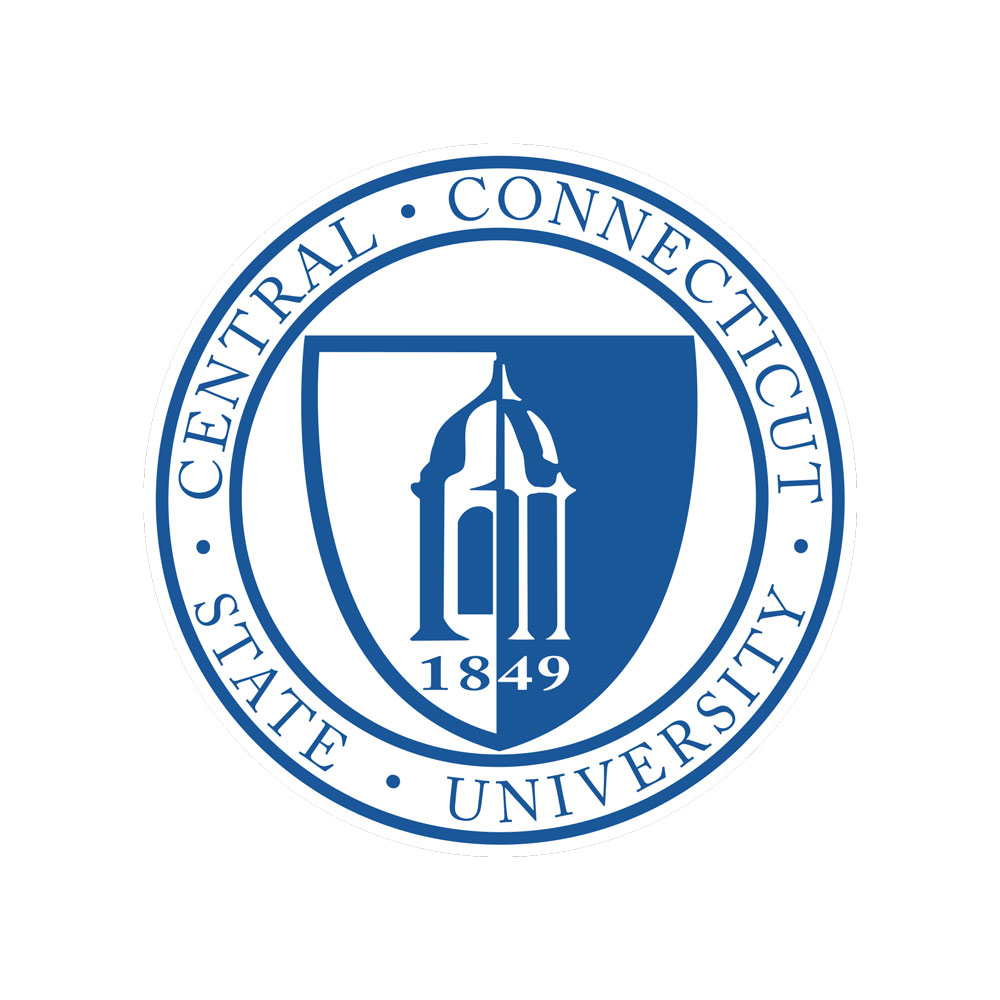
Central to Uncovering Valuable Insights.
Central Connecticut State University Official Certificate Program in Accounting Analytics is designed for today’s business professionals. This graduate-level certificate is intended for individuals currently in the workforce or students looking to develop their accounting skills needed to work with “big data.”
Businesses desire these skills to identify valuable financial insights, increase efficiency, and better manage risk. The program focuses on developing working professionals’ skills required to succeed and advance in the competitive accounting industry.
Program Features
- Starts every January and August
- 12-credit program
- Attend part-time
- Classes offered evening on-campus and online
- No GMAT/GRE required

The CCSU School of Business is an accredited member ofAACSB International- the Association to Advance Collegiate Schools of Business.



